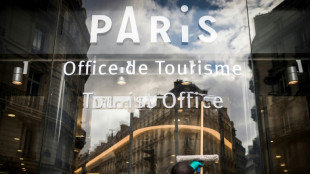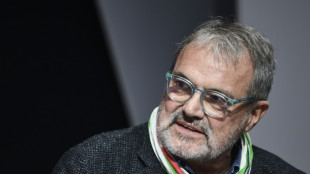

Maestro of Alpine climbing dies aged 99
Marcel Remy, the grand old man of Swiss Alpinists and one of the oldest active climbers in the world, has died aged 99, newspapers and several specialist websites reported Wednesday.
"For almost a century you have inspired people all over the world with your unwavering passion for climbing," his sponsor, the Swiss mountain sports company Mammut, said on Instagram.
"Merci pour tout (Thanks for everything), Marcel. Climb on in peace."
In 2017, at the age of 94, Remy conquered the Miroir d'Argentine, a Swiss climbing classic with its 500 metres (1,640 feet) of limestone wall.
Even in his late 90s, he would still tackle the 16-metre high wall at the indoor climbing centre in Villeneuve, southwest Switzerland, with his oldest son Claude.
Climbing was always a major part of Remy's life. Brought up on tales of the mountains, he loved discovering the great outdoors and the Alps became his playground.
Remy worked on the Swiss railways and spent all his free time in the mountains, taking his two sons with him.
"He was a tough dad. With him it was do or die, whatever the conditions," his son Claude told AFP last year.
Remy passed on his passion for the Alps. Claude and his brother Yves are also well-known in the climbing world.
In August 2020, the top French climbing magazine Grimper devoted 40-odd pages to the family's exploits and the most impressive climbs they accomplished together.
In an interview with AFP in June last year, Remy said the secret to his longevity was pacing himself.
"It's the rhythm that you have to take -- for breathing, for the movements," he explained.
"If I go beyond that, there's a price to pay afterwards. I can't tell you exactly what, but either the shoulders or the muscles. It's better to go calmly, without over-exertion -- and then it works.
"It gives me a lot of pleasure because you have to work, think and surpass yourself; that's what suits me well."
And he added: "If I'm still enjoying it and feeling good, why not carry on?"
F.Dubois--JdB


